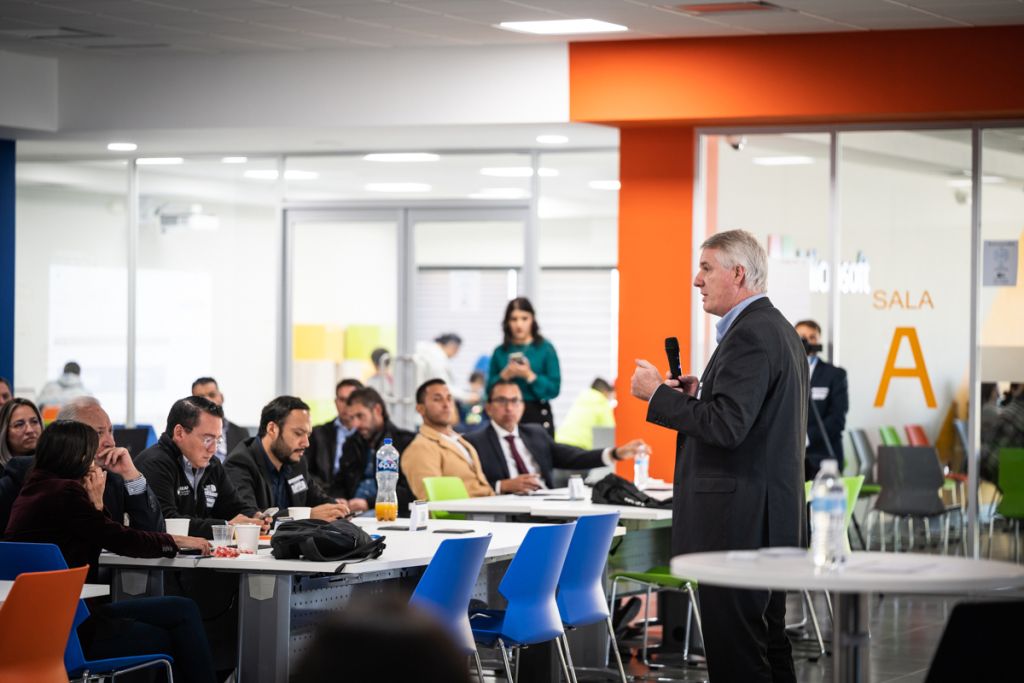Business & Culture: A Virtual Practicum (USA, Egypt, Libya, Lebanon)
WDI is a collaborative, multi-disciplinary organization. As a result, it often engages multiple sector and services teams in our work. The following project undertaken by both our Education sector and Performance Measurement and Improvement service demonstrates our holistic approach. The Education sector implemented Business & Culture: A Virtual Practicum — a classroom-to-classroom, action-learning course on international business cultures that brings together undergraduate students from Egypt, Libya and the U.S., supported by the Stevens Initiative. The course ran five times at the Ross School of Business, starting in Winter 2020. Participants attended lectures by international faculty, worked on interregional teams through synchronous and asynchronous exchange, employed field research methods to learn about one another’s business cultures and created a final project that captured their cross-cultural learnings. The program equipped young people in the U.S. and MENA region with the necessary competencies to communicate, problem-solve and collaborate in a global team environment—all essential 21st century skills in an interconnected world. The Education sector collaborated with the Performance Measurement and Improvement service, which led the design and implementation of an impact evaluation of the program on students in the U.S., Libya, Lebanon and Egypt. In addition to assessing the impact of the program on student outcomes (e.g. empathy, cross-cultural communication skills, business skills and knowledge), the data was used to improve the course and develop generalizable knowledge on how to increase the impact of virtual exchange courses.MADE (India, Kenya, Vietnam)
WDI is a founding partner of the Michigan Academy for Developing Entrepreneurs (MADE), along with Poornatha Foundation in India and the Zell Lurie Institute at the University of Michigan’s Ross School of Business. MADE was established to support small- and medium-sized enterprises (SMEs) in low-and middle-income countries through local Entrepreneur Development Organizations (EDOs). MADE connects the resources of the University of Michigan (U-M) with the EDOs in the field and provides other support to EDOs that is based on the EDOs’ needs. MADE has involved students and/or faculty from the University of Michigan’s Ross School of Business, psychology department, Institute for Social Research, Stamps School of Art and Design, Law School and School of Education.Poornatha (India)
MADE supported the Poornatha team to develop a B2C Sales & Marketing Strategy. The MAP team provided Poornatha with recommendations on the entrepreneur-type to target including product bundling and pricing. Poornatha is already successfully operating in the B2B segment where it serves clients of India Bank and operators of retail electronic outlets through its ‘Empower’ training program. To date, Poornatha has trained over 1,700 SME owners across 9 states in 7 different languages in India.
Korn Rise (Vietnam)
Working with a new potential partner, a team of MBA students developed a market entry strategy for starting an EDO in Vietnam as part of the MADE network in partnership with Poornatha. The students also conducted a financial analysis and market analysis to identify potential market opportunities and include financial projections with the strategic plan.

